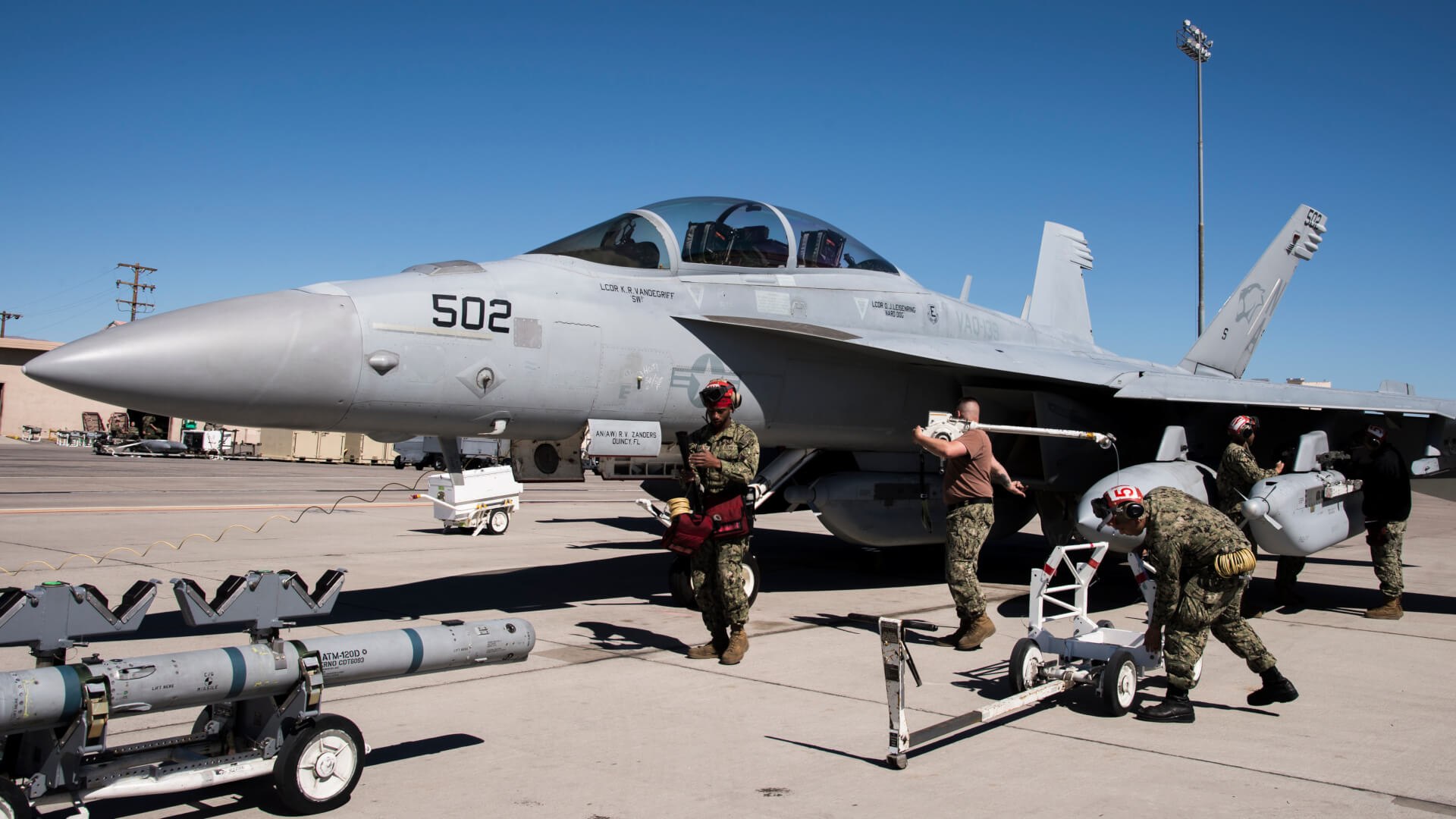As part of its vision to expand the United States (US) Air Forces’ partnerships in the Americas, the US Southern Command (Southcom) is set to conduct joint military training exercises with the Colombian Air Force (FAC) between September 18 and 21. Labeled “Poseidon”, the exercises aim to “strengthen procedures and standards in the detection, location, and neutralization of illicit activities”. Air force personnel will also perform aerial refueling and mock search and rescue operations in open waters.
This exercise is part of a burgeoning security partnership between the US and Colombia. In January, 75 US forces took part in a military exercise at Fort Toleimada alongside 270 Colombian soldiers. Then, in June, Southcom said that the US Security Force Assistance Brigades (SFAB) was deploying advisers to Colombia as part of an agreement with the Colombian military. Their presence was approved by President Ivan Duque in late August.
In fact, Southcom and the Colombian military have been in close contact for quite some time now. In March, Southcom’s military deputy commander, Lt. Gen. Michael Plehn, met with the commander of the Colombian Army, Maj. Gen. Luiz Navarro Jiménez. The two discussed the evolving security landscape in the country and indeed the Americas at large, and also pledged to deepen bilateral ties.
It is thought that such exercises not only provide invaluable training but also increase “interoperability” and emphasize the US’ commitment to the region, particularly in light of the growing influence of China and similar but less successful attempts by Russia.
Aside from strategic ties, the US has also sought to bolster economic relations. In mid-August, the US reaffirmed its commitment to investing in the development of rural Colombia, after National Security Adviser Robert O’Brien told local newspaper El Tiempo that the US plans to invest up to $5 billion in private funds over a three-year period.
Prior to that announcement, the US National Security Council unveiled its Western Hemisphere Strategic Framework. In it, the US mentions how it is seeking to expand its “deep geographic, economic, and cultural” ties in its “neighborhood”. Simultaneously it seeks to counter “malign political influence” and “economic aggression” of China, which it says has increased its “state-driven trade, investment, diplomatic, technology, media, security, and health outreach” in the region.
US and Colombian Air Forces to Carry Out Joint Training Exercises
Such exercises are designed to expand alliances in the Americas, particularly in light of the growing influence of China and similar but less successful attempts by Russia.
September 16, 2020

IMAGE SOURCE: US AIR FORCEThe exercises form part of the US’ new Western Hemisphere Strategic Framework.
